it begins with me reading a stackoverflow answer
StringWriter implments public abstract class TextWriter : MarshalByRefObject, IDisposable
on MSDN it says:
The Framework provides the System.IDisposable interface that should be implemented to provide the developer a manual way to release unmanaged resources as soon as they are not needed.
but what is considered as unmanaged resources? I clearly don't think StringWriter qualifies. if I write my own without inheriting IDisposable....I don't see any need to add Dispose()
class ConfusedDevStringWriter{
private StringBuilder sb;
public ConfusedDevStringWriter(){ //ctor
sb = new StringBuilder();
}
}
And indeed I tested with visual studio memory debugger:
 once the function returns,
once the function returns, StringWriter and its StringBuilder are freed...Moreoever, calling dispose seems to do nothing for StringWriter...
So not every class that inherit from IDisposable has useful Dispose. Again this goes back to my question what is considered as unmanaged resources (examples will be much appreciated n_n). I heard files are one of it...but isn't CLR a VM?...every resources should be managed by it, non?
